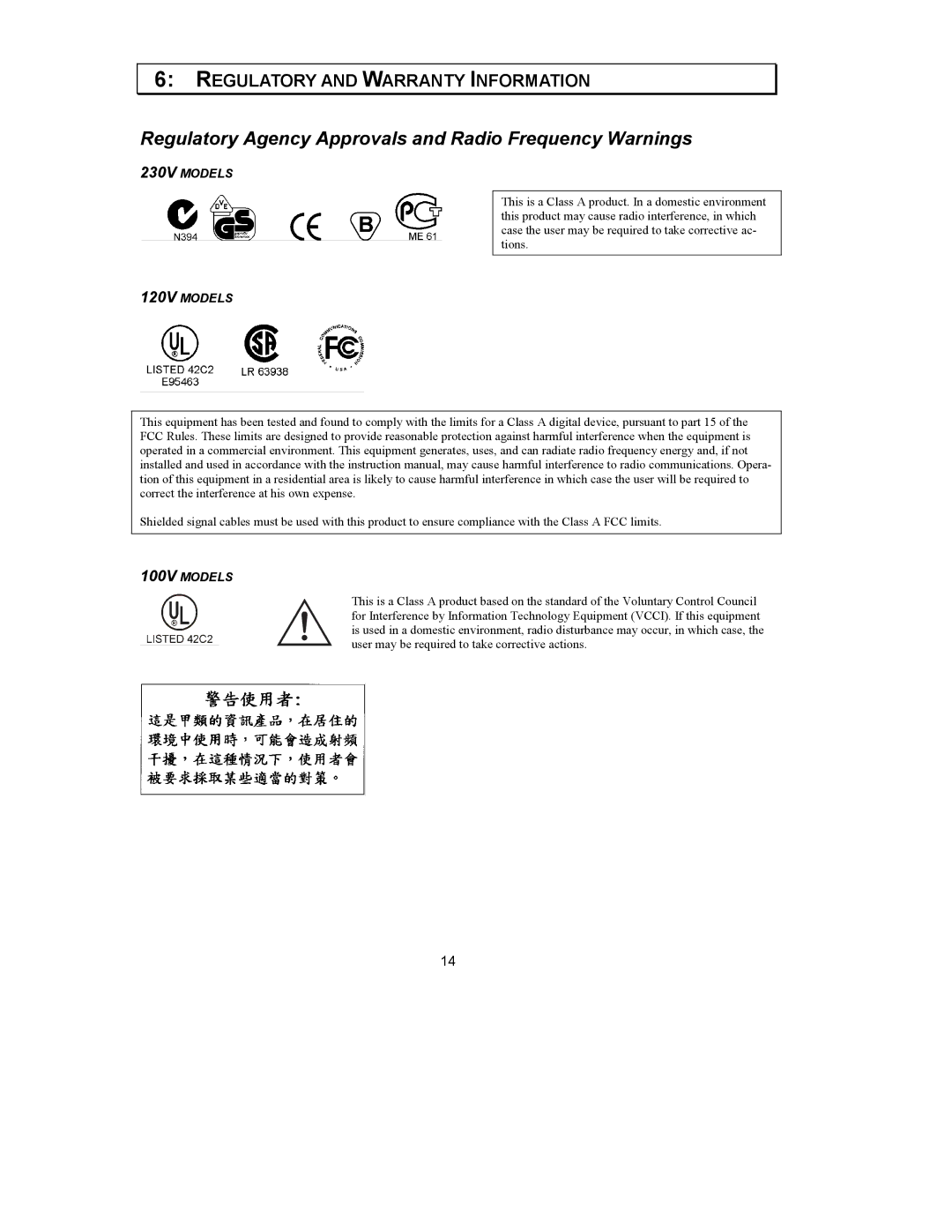100, 750, 230 Vac specifications
American Power Conversion (APC), a division of Schneider Electric, is a leading provider of power protection and management solutions, particularly in the fields of uninterruptible power supplies (UPS), power distribution, and cooling solutions. One notable product within their extensive range is the APC 230 VAC, 750,100, which showcases advanced technologies designed to ensure reliable power delivery.The APC 230 VAC, 750,100 is a high-performance UPS that offers a robust solution for businesses looking to maintain operational continuity during power disruptions. With a rated output voltage of 230 VAC, this UPS is adept at providing reliable power for various applications, including server rooms, telecommunications, and critical infrastructure.
One of the standout features of the APC 230 VAC, 750,100 is its capacity of 750 VA (volt-amperes), which translates to 600 watts of output power. This capacity ensures that the UPS can support essential equipment even during outages, safeguarding against data loss, equipment damage, and downtime. The design of the unit focuses on maximizing efficiency, ensuring lower energy costs and reduced heat emissions, which is crucial for maintaining optimal operating conditions in IT environments.
The UPS is equipped with advanced battery management technology, which enhances battery life and performance. The system features smart charging capabilities that help prolong battery lifespan by preventing overcharging and optimizing discharge cycles. Additionally, the unit incorporates a user-friendly interface with LCD displays, providing real-time status updates on power conditions, battery health, and load levels.
Another characteristic that sets the APC 230 VAC, 750,100 apart is its compact and ergonomic design, which makes installation straightforward in various environments. With multiple outlets, it allows for the simultaneous connection of multiple devices, ensuring comprehensive protection for critical loads.
Moreover, APC integrates intelligent monitoring software with the UPS, which enables remote management and monitoring. This feature is particularly beneficial for IT administrators, allowing them to track the performance of the UPS and respond swiftly to any issues.
In summary, the APC 230 VAC, 750,100 is an exemplary power protection solution that combines efficient operation, advanced technologies, and user-friendly features. Whether for small businesses or large organizations, this UPS is designed to meet the demands of modern technology, ensuring that power interruptions do not disrupt essential operations. Its innovative design and robust capabilities make it a reliable choice for maintaining the integrity of critical systems.

